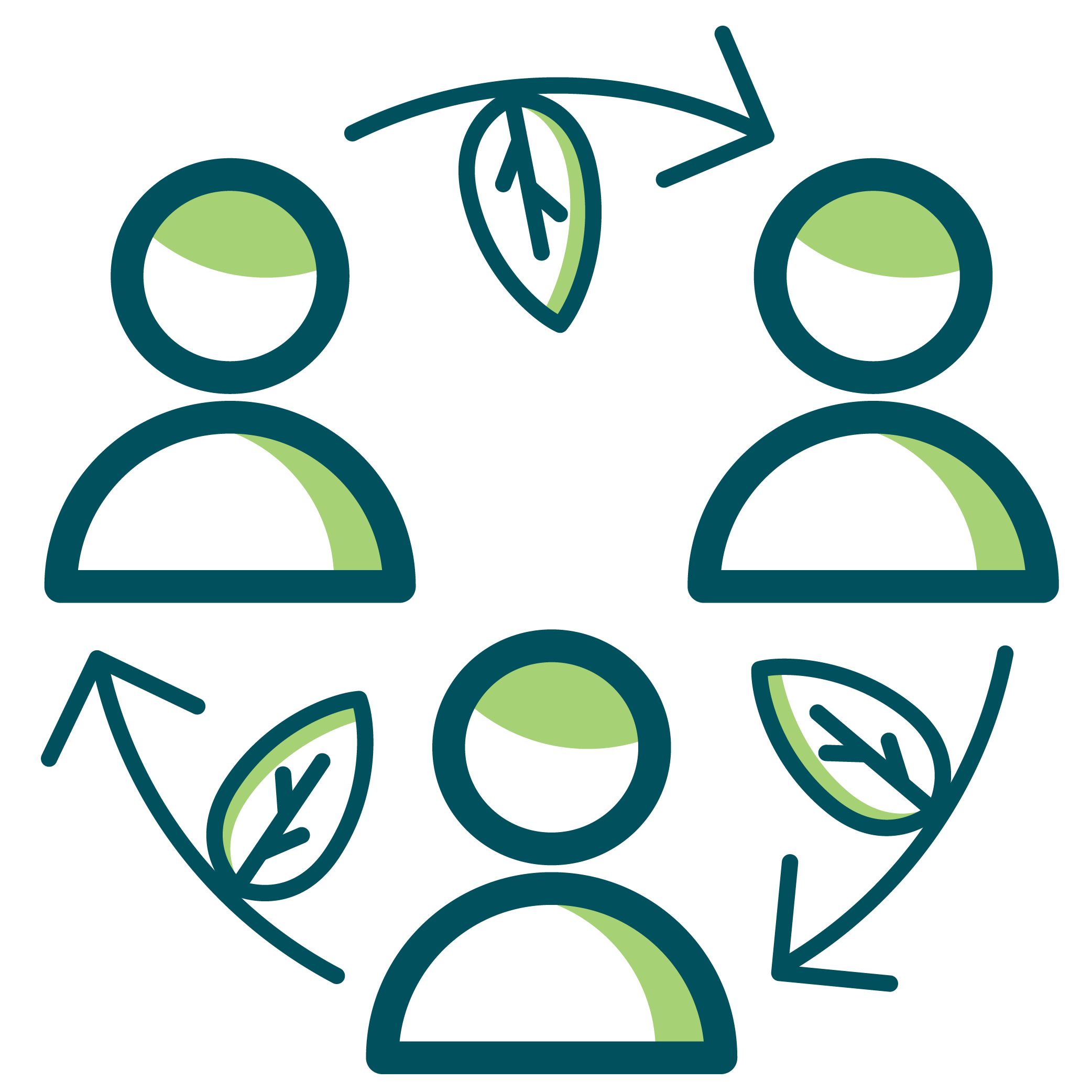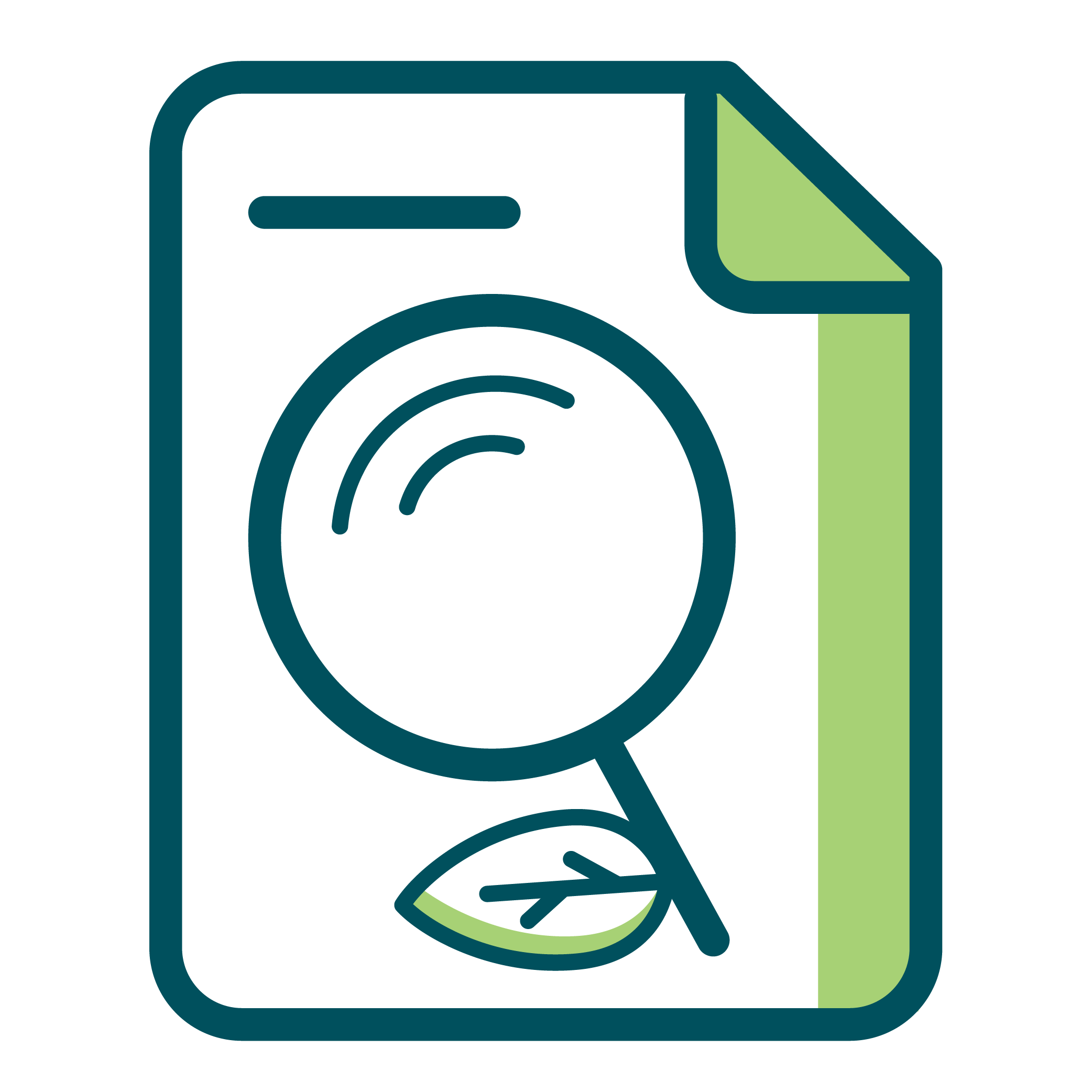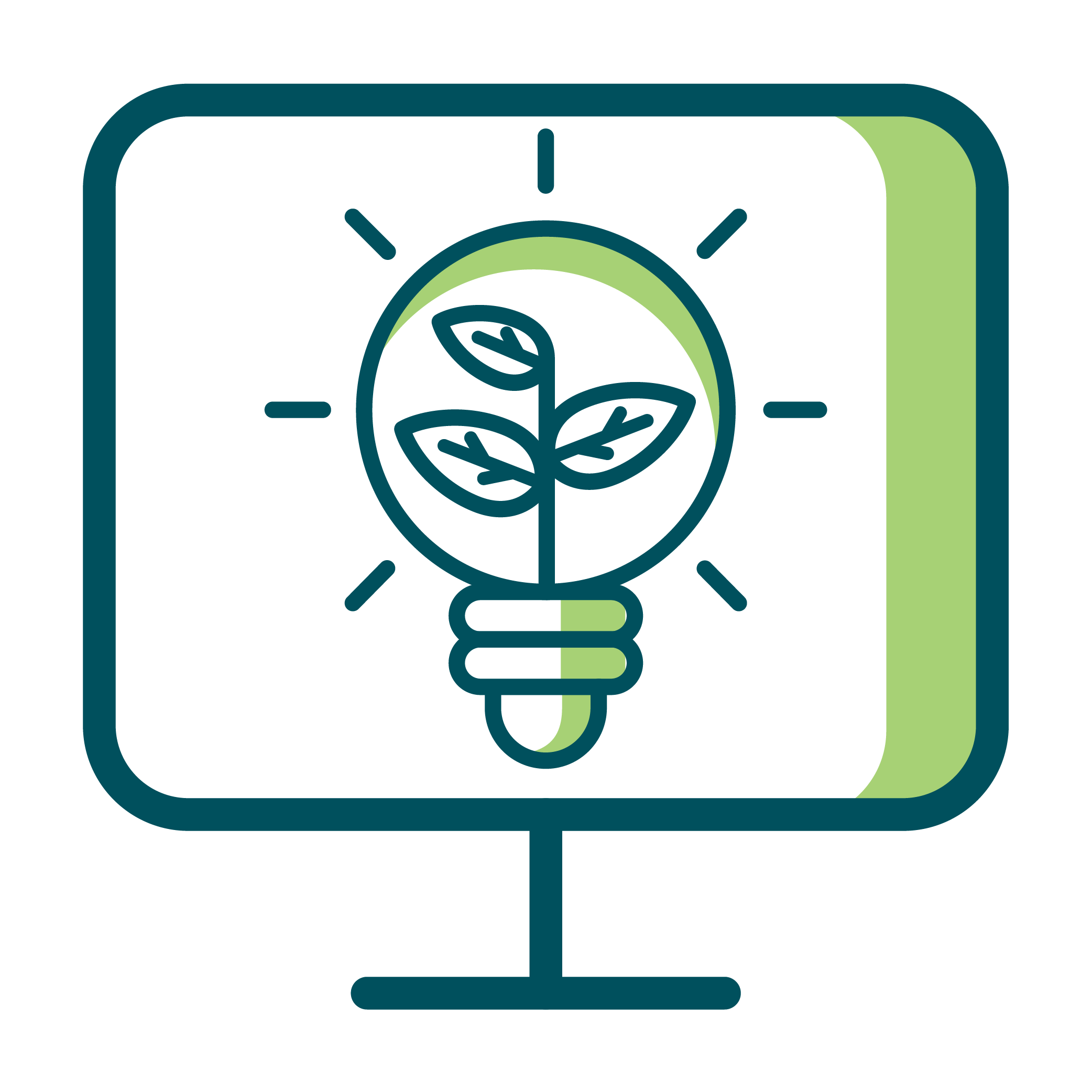
Given its rapidly growing greenhouse gas footprint, the Internet must become more sustainable. On the one hand, our everyday life increasingly depends on access to the Internet also for essential services such as work, education, health-care etc. On the other hand, the Internet is responsible for 8.7% of the CO2 annual global emissions.
Across the different value chains, from the production processes to the storing of data and the energy required to power them, the carbon footprint of the Internet is a substantial source of pollution. This calls for immediate action.
Responsible production and consumption of digital technologies are at the heart of Europe’s twin green and digital transition. In particular, the Next Generation Internet initiative launched about 5 years ago by the European Commission envisions a human-centric Next Generation Internet that is trustworthy, open, inclusive and sustainable.
A related major challenge is that the Internet is a complex and very articulated context and its environmental impact is not limited to the energy requirements to run it (how much power servers, data centres, and products need). Making the Internet more sustainable also relates to the devices used to access the web, as well as produced content and other data flows. This requires tackling the Internet sustainability problem from different angles: technological, political, economical, societal, regulatory, etc.
The Digital for Planet Towards a Sustainable Internet Working Group supports the assessment of the overall environmental footprint of the Internet, matching a human-centric approach with sustainability.

Analysing, connecting, and participating in programs to study, measure, and attribute carbon and environmental footprint to specific layers, technologies, and nodes of the current internet and of its possible future evolutions.

Discussing, investigating, and evaluating synergies, conflicts, and trade-offs between decentralised, human-centric, trustworthy internet architectures and sustainable, circular, and carbon-neutral technologies.

Studying and constructing initial views of the structure and interaction among business models, ethical frameworks, and technical approaches for a human-centric and sustainable internet.

Identifying and studying policy-driven and regulatory frameworks for sustainable internet development and usage, aiming to create liaisons with relevant stakeholders.
Any representatives from organisations that are part of the Digital for Planet community who is committed to promoting the sustainable Internet of tomorrow.
Interested in contributing to this Working Group? Become a member of Digital for Planet and get involved!
Digital for Planet - D4P © 2023 | All rights reserved